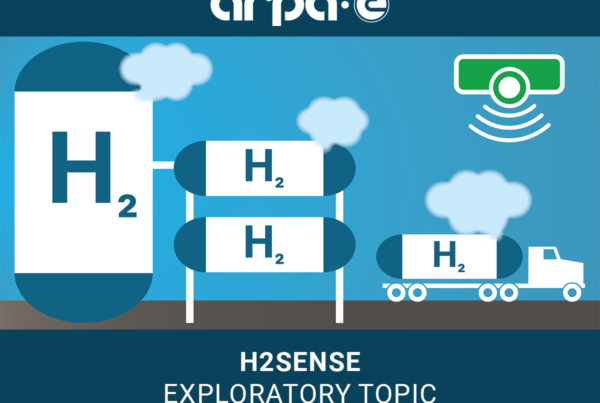
Electric vehicles (EVs) are undoubtedly the future of transportation. The environmental need for cleaner transport is too great for the world not to shift to EVs eventually. However, what specific technology will drive this transition is less certain.
Most current options are battery-electric vehicles (BEVs), but some argue that fuel-cell electric vehicles (FCEVs) are a better alternative. You must consider how each EV technology presents unique advantages and disadvantages to know which deserves the most attention and investment.
Fuel Cell Vehicles Pros and Cons
Fuel cells create electricity by combining hydrogen and oxygen, producing water as their main byproduct. As a result, there are no harmful emissions. They’re also remarkably efficient, two to three times more so than a gasoline engine, making them an ideal choice for long drives.
Refueling an FCEV is also similar to a fossil fuel-powered car. You pump hydrogen into a storage tank much as you would refill a conventional vehicle with gas or diesel. This means refueling times are short and the process is familiar, aiding easier adoption.
The biggest downside to fuel cell vehicles is that they still rely on fossil fuels because producing pure hydrogen requires power. That wouldn’t be an issue if they switched to renewable energy, but most still use fossil fuel-derived electricity. It’s also worth noting that fuel cells are expensive, and few hydrogen fueling stations are available today.
Battery-Electric Vehicles Pros and Cons
Batteries are a far more familiar technology for most people. Like FCEVs, BEVs don’t produce tailpipe emissions, but their costs aren’t much higher than gas-powered vehicles. Battery vehicle prices are nearing those of conventional cars and their lifetime expenses are lower, thanks to fewer maintenance concerns and electricity being cheaper than gasoline.
Charging infrastructure still doesn’t match the availability of refueling stations, but there are more battery chargers than hydrogen stations. Similarly, more automakers make BEVs than FCEVs, giving you more options, at least right now.
However, BEVs have much shorter driving ranges than hydrogen vehicles and take longer to recharge. Lithium-ion batteries also require many materials that are expensive and environmentally hazardous to mine. There are several other battery types apart from Li-ion, but these are the most common.
Which Is Best?
Right now, batteries are farther along technologically than fuel cells. Because fuel cells are a newer, less developed technology, they’re still expensive and there’s relatively little supporting infrastructure for them. However, that will change over time.
Many comparisons between BEV and hydrogen reliance on fossil fuels may be misleading. More than 60% of U.S. electricity generation comes from fossil fuels, and many battery vehicles rely on these energy sources when recharging. Fuel cells and batteries require a shift to renewable power to be truly sustainable.
In most cases today, BEVs are a more viable solution because of their lower costs, higher availability and more charging infrastructure. However, fuel cells will likely be the better long-term option, given their higher efficiency and the fact that they don’t rely as much on rare earth minerals.
Fuel Cells and Batteries Pose Different Benefits
The shift to clean transportation will likely require fuel cells and batteries. The best option depends on the specific use case and timeline. Battery vehicles offer a cleaner short-term option, while fuel cells develop into a more sustainable long-term solution.
Instead of pitting fuel cells against batteries, organizations should consider how each meets different use cases. Understanding these varying benefits and applications will aid an easier green transport transition.


Jane Marsh, Contributor
The views and opinions expressed herein are those of the authors and do not necessarily reflect the official policy or position of Fuel Cells Works, its directors, partners, staff, contributors, or suppliers. Any content provided by our contributors or authors are of their own opinion and are not intended to malign any religion, ethnic group, club, organization, company, individual or anyone or anything.
Read the most up to date Fuel Cell and Hydrogen Industry news at FuelCellsWorks




